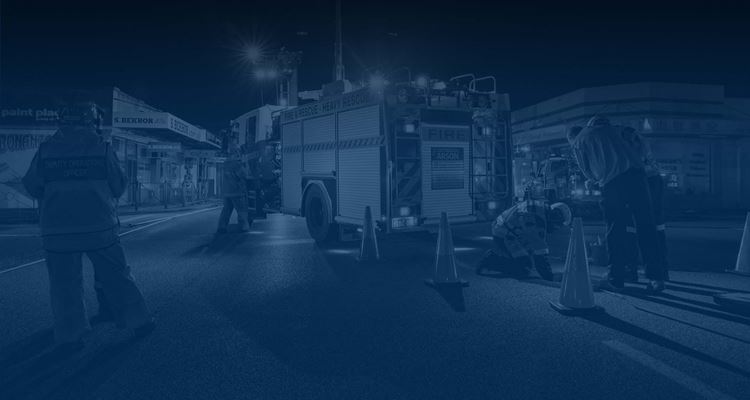Vance’s anniversary prompts calls for preparation
This month marks 20 years since Cyclone Vance devastated parts of the Pilbara - a timely reminder for locals to always be prepared for a destructive cyclone.

The Bureau of Meteorology Severe Weather Manager Bradley Santos said the Pilbara coastline was one of the most cyclone prone areas in the world.
“People living between Broome and Exmouth are at the highest risk of being impacted by a severe tropical cyclone in the southern hemisphere,” Mr Santos said.
“Whilst we’ve had a very quiet season to date, the tropics may become active over the next week or so with an increased risk of a tropical cyclone developing off northwest WA.”
Cyclone Vance hit the Pilbara coast on 22 March 1999, leaving 2,000 people homeless and destroying over 100 homes.
Fire and Emergency Services A/Deputy Commissioner Operations Gary Gifford was part of the first recovery team and remembers seeing the destruction.
“When I arrived in Exmouth, I saw mass devastation with buildings without roofs, destroyed caravans and trees over the roads,” A/Deputy Commissioner Gifford said.
“It was then I understood the scale of the situation and knew it would take a collaborative effort to get the town back on its feet.”
A/Deputy Commissioner Gifford said Cyclone Vance’s 20th anniversary was a fitting reminder for locals to know what to do as a cyclone approaches.
“With wind gusts up to 280 kilometres per hour and widespread flooding, the devastation caused by cyclones is hard to forget,” he said.
“While the weather has been relatively mild, we can’t afford to be complacent. The best defence is to prepare your home in advance and have a cyclone plan.
“I encourage you to talk to your family about your plan including who will pick the kids up from school, when you will get cash out, what you will do with your pets and where you will go if you need to relocate.”
Simple tips to prepare ahead of a cyclone or flood include:
Securing loose items and trim branches around your property
- Have spare sandbags ready to go in case of flooding
- Preparing an emergency kit with a portable battery operated radio, torch, spare batteries, mobile phone, first aid kit and enough food and water for at least four days
- Preparing a cyclone plan
- During a cyclone keep up to date via the Emergency WA website, DFES Facebook or Twitter, 13 DFES, ABC radio and news bulletins
Visit the DFES website for more information on cyclone and flood preparation: dfes.wa.gov.au/safetyinformation/cyclone
END
Media Contact: DFES Media and Corporate Communications 9395 9543

